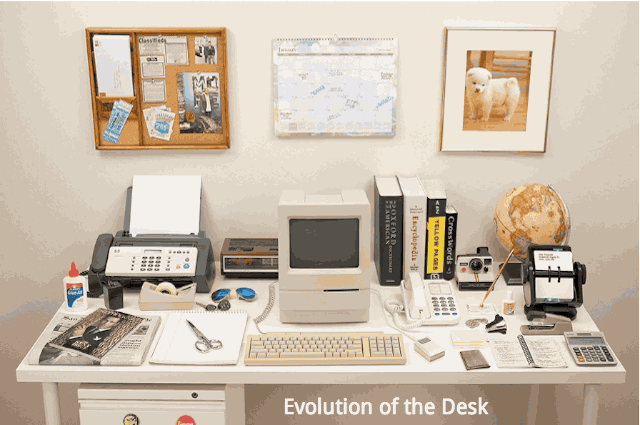History of Computer
The history of computers traces back to the birth of the abacus, often considered the first computing device, believed to have been invented by the Chinese around 4,000 years ago.

Evolution of Computers:
Primitive civilizations initially used rudimentary counting tools such as sticks, stones, and bones. Over time, as human intellect and technology advanced, more sophisticated computing devices emerged. Here's a brief overview of some notable computing devices, starting from the earliest to more recent advancements:
Abacus
One of the earliest tools devised to aid in calculations was the abacus, a device that continues to be used today, despite being invented approximately 5,000 years ago.
Pascals Computer
In 1642, Blaise Pascal, a brilliant French mathematician, developed the adding machine, which relied on mechanical gears with numbers represented by cogs on the wheels.
Babbage's Difference Engine
Englishman Charles Babbage invented the "Difference Engine" in the 1830s, constructed from brass, pewter rods, and gears. Additionally, he conceptualized another device known as the "Analytical Engine."
Colossus Vacuum Tube Computer
Augusta Ada Byron, an assistant to Babbage, is recognized as the first computer programmer. In 1890, American Herman Hollerith developed the first electrically driven device, which utilized metal rods and punched cards. In 1943, the Colossus, a series of vacuum tube-based computers, was developed.
EDVAC COMPUTERS
In the late 1940s, the Electronic Discrete Variable Automatic Computer (EDVAC) was developed by John von Neumann, who served as a consultant to the ENIAC team. This innovation allowed programs to be stored and executed internally within the computer, laying the groundwork for the era of general-purpose computers.









.jpg)

0 Comments